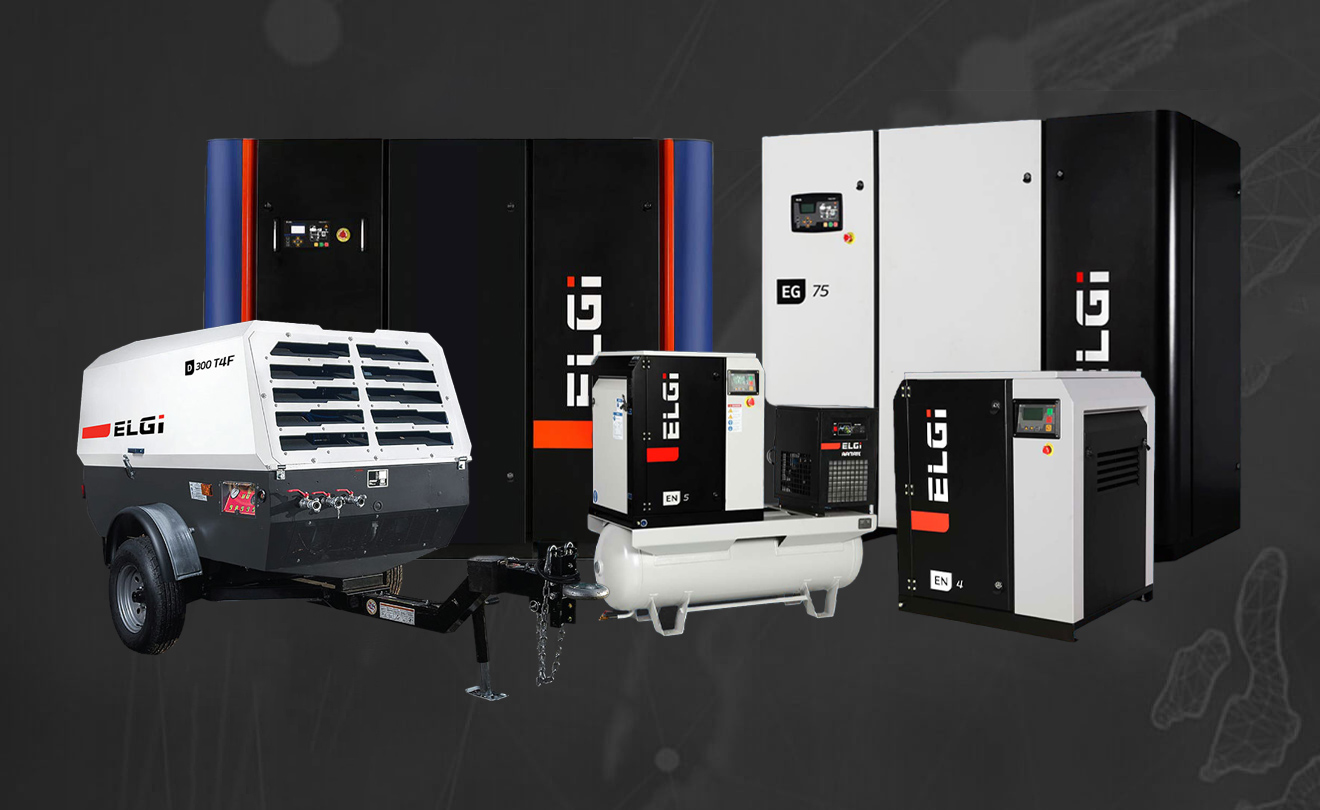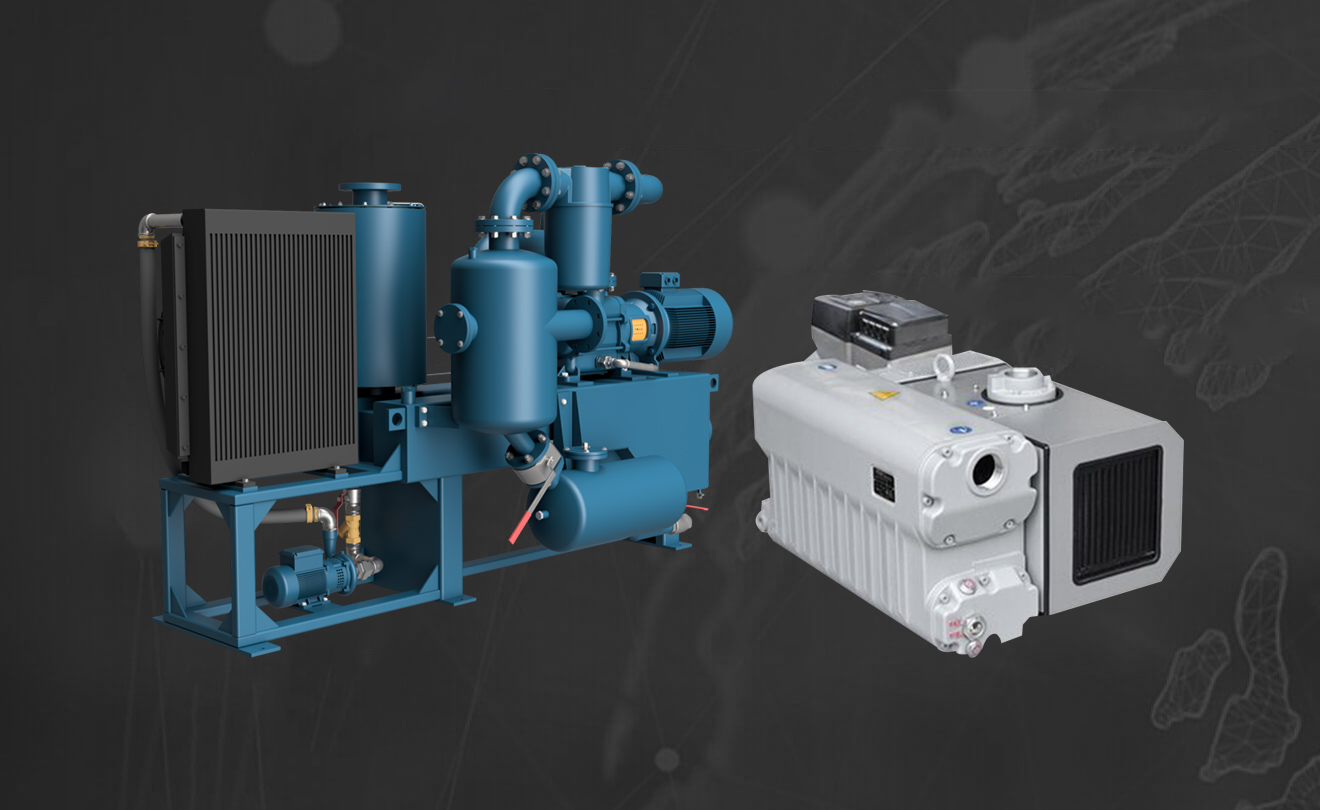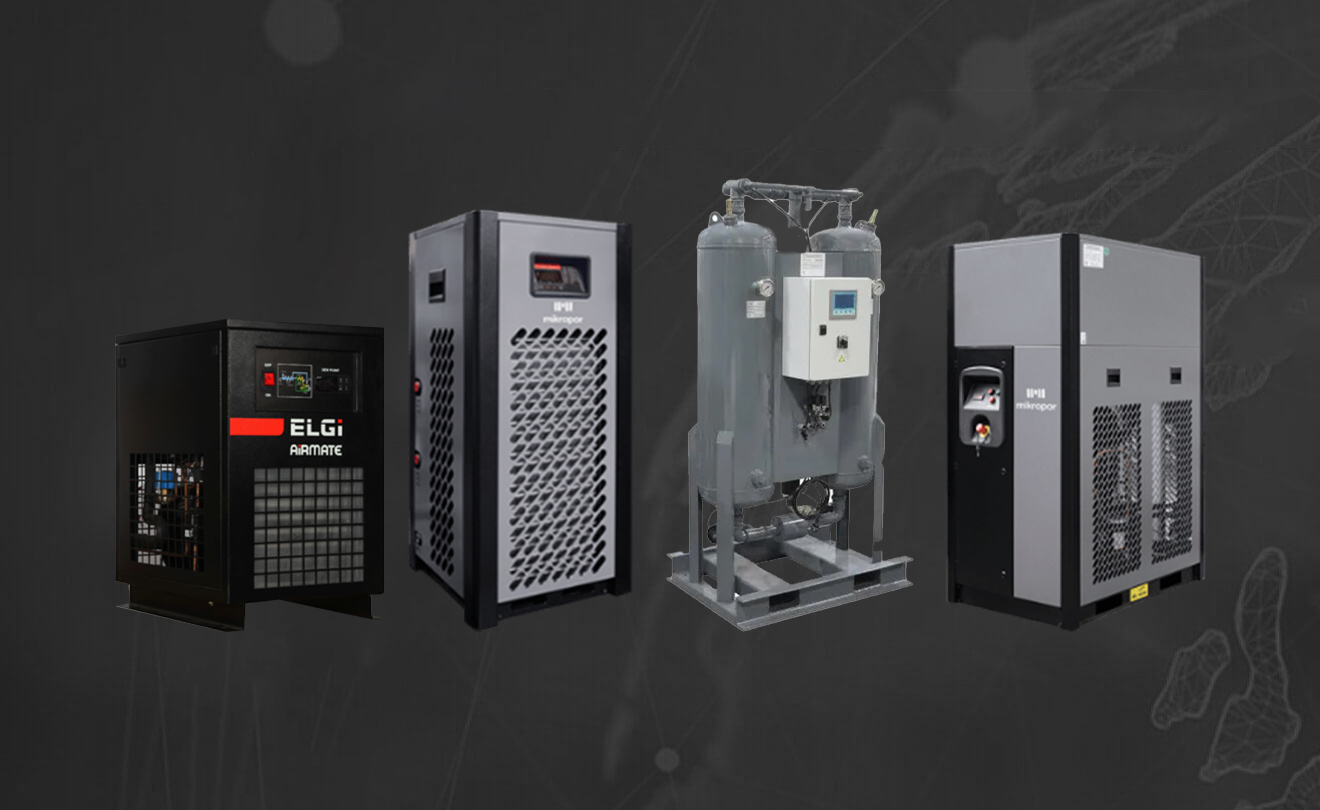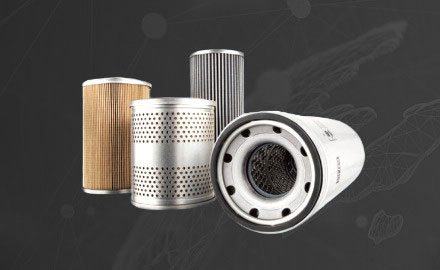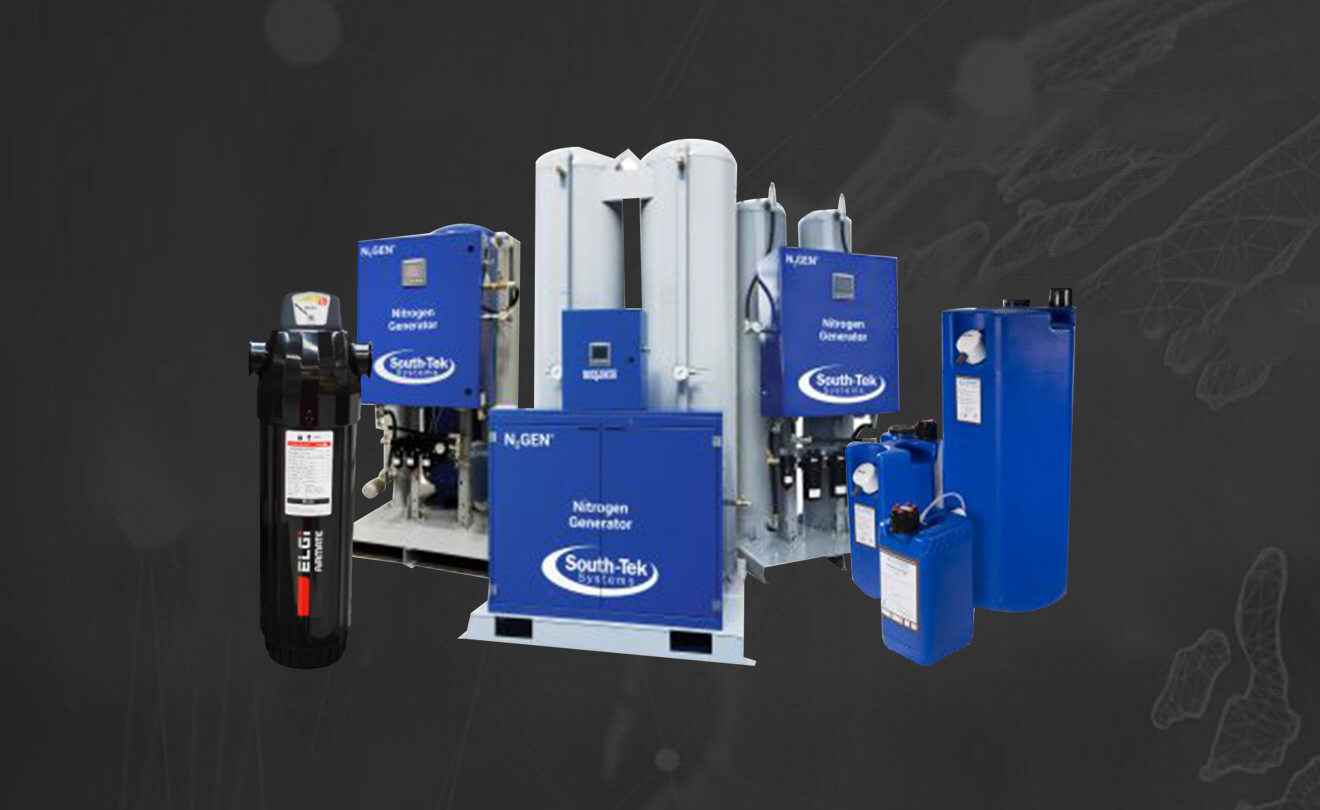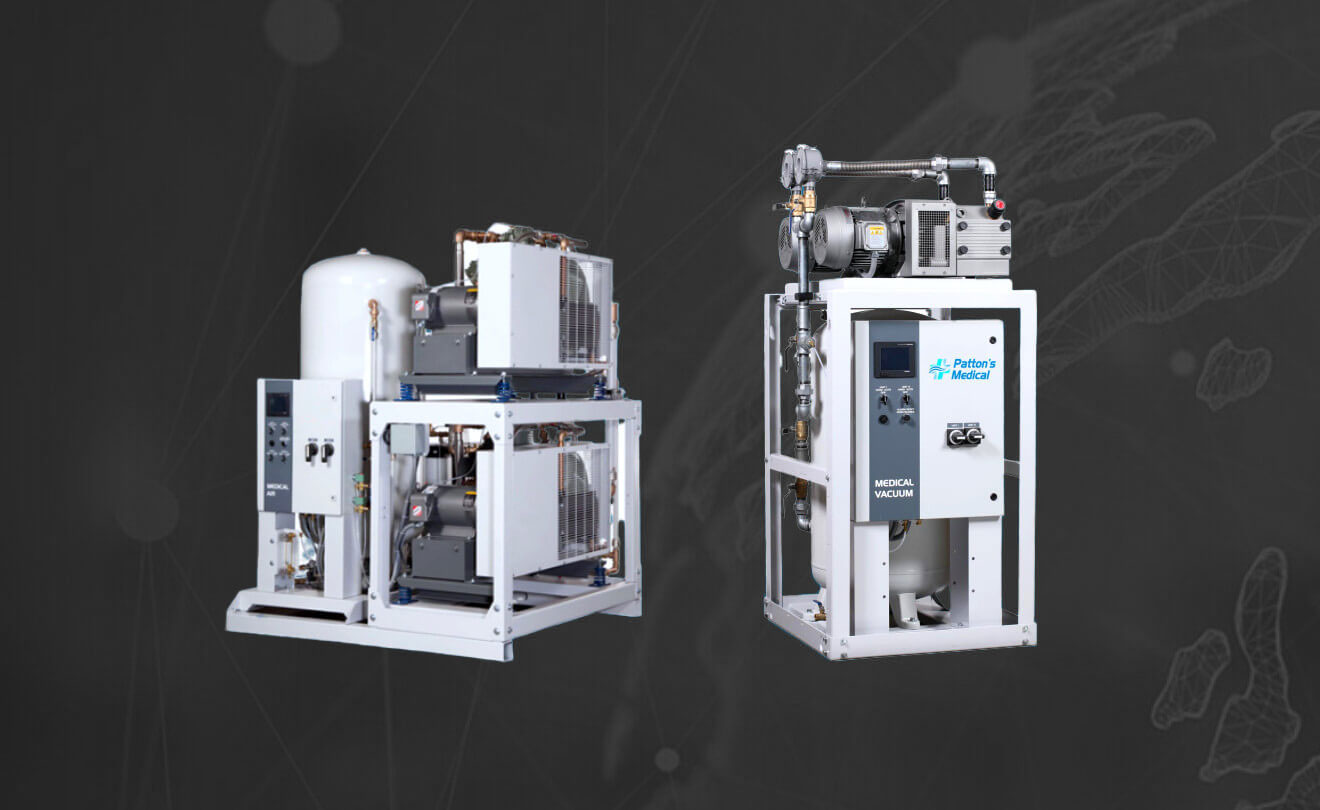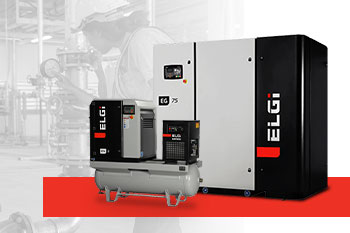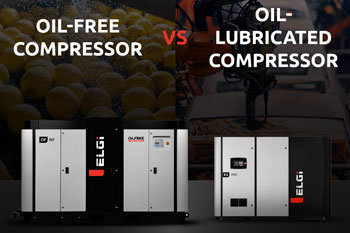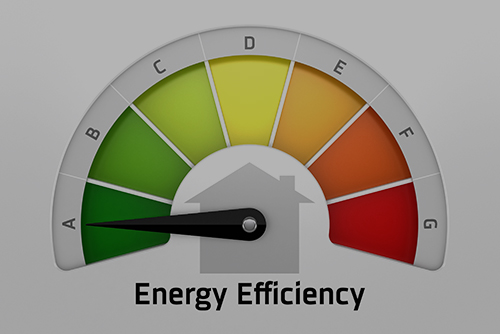COMPRESSED AIR SYSTEMS
HOME > PRODUCTS
Pattons carries an extensive line of air compressors for various industrial applications. Our air compressor products are sustainable, energy efficient & significantly reduce operating costs.
VIEW PRODUCTSPattons offers Travaini vacuum solutions that are designed for various industrial and commercial applications. Travaini vacuum pumps are known for their reliability, efficiency, and durability.
VIEW PRODUCTSPattons provides both refrigerated and desiccant-type compressed air dryers, ensuring extended longevity of compressed air systems by effectively eliminating condensate and contaminants.
VIEW PRODUCTSPattons is your trusted dealer for OEM quality parts compatible with all major air compressor brands, offered at competitive prices. Select genuine accessories and parts to protect your compressed air system from unplanned downtime.
Find PartsPattons offers a range of compressed air treatment and condensate management equipment including oil-water separators, chillers, and nitrogen generators. These systems are not only robust but also highly energy efficient.
VIEW PRODUCTSPattons Medical designs, manufactures, sells & services high quality medical air compressors & vacuum systems for the healthcare market, we will be there to meet your medical gas needs at any time.
VIEW PRODUCTSAbout Pattons
Serving all makes of compressed air equipment since 1945, Pattons is an industrial distributor offering compressed air solutions for all industries across the Southeast in North Carolina, South Carolina, Georgia, Virginia, and Alabama. Pattons offers compressed air, vacuum systems, process chillers, nitrogen generation, piping, and many other products and services that have enabled our customer’s operations to run smoothly.
- A team of highly skilled Systems Specialist
- Trained service technicians at your service 24/7
- Dedicated customer service and inside sale supports
- Expert Plant Compressed Air Energy Audit Team
- Offering best-in class brands across every product segment
- Innovative energy efficient designs for cost reduction and profit maximization
